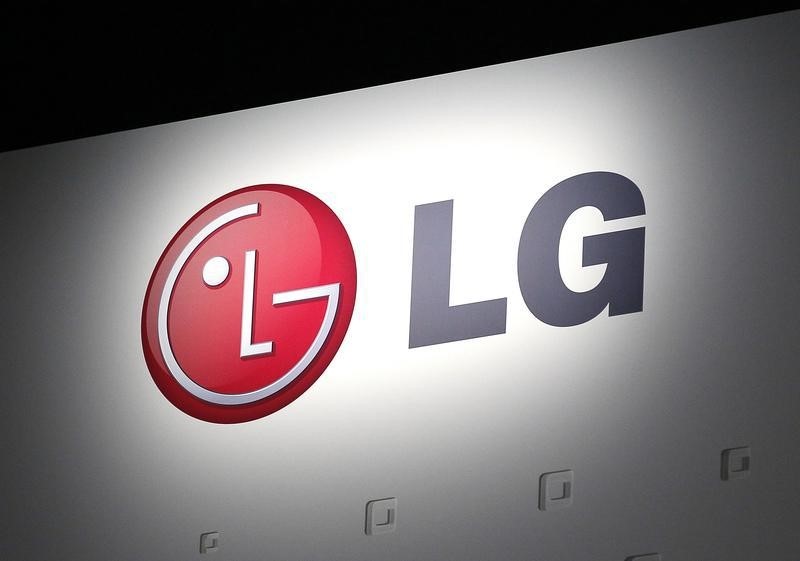By Pairat Temphairojana and Orathai Sriring
BANGKOK (Reuters) - South Korea's LG Electronics Inc, the world's second largest television maker after Samsung (LONDON:0593xq) Electronics Co Ltd, will soon shift its TV production in Thailand to Vietnam for logistical ease and efficiency, said a top executive at its Thai unit.
The group wants to have one regional base with new machines for TV production comparable with those at its South Korea plants, Nipon Wongsaengarunsri, marketing director of LG Electronics (Thailand) Co, told Reuters in a telephone interview late on Monday.
"Our parent company has considered Vietnam as the most worthwhile country to invest in. Wages are one factor... but the main one is to ensure quality, as well as logistics," he said.
LG produces about 600,000 television sets a year in Thailand worth 8 billion baht (164 million pounds), with 100,000 sets for exports, Nipon said.
Most materials are brought from China and assembled in Thailand but it takes several weeks to ship them there, while the China-to-Vietnam route takes less than a week, he said.
"We will move to Vietnam from late-April to early May," he said.
LG in Indonesia would also gradually shift its TV production over the same period, he added.
An LG Electronics spokeswoman in Seoul said LG's TV production is small in Thailand, so the shift would enhance efficiency as the company was integrating its two Vietnam plants into one.
LG got approval for a $1.5 billion investment in Vietnam to produce and assemble electrical and electronics goods in October 2013, according to the country's investment ministry website.
The spokeswoman said no decision had been taken on Indonesia.
Nipon said about 200 workers for TV production in Thailand would be reassigned to other operations at its Rayong plant, some 109 miles (176 km) from Bangkok.
LG (Thailand) has about 2,000 workers and it will continue to produce other products, including washing machines and air conditioners, Nipon said.
He said demand for electrical appliances in Thailand was expected to rise by 4-5 percent this year after a fall of about 10 percent last year, when months of political unrest hurt confidence and domestic consumption.
